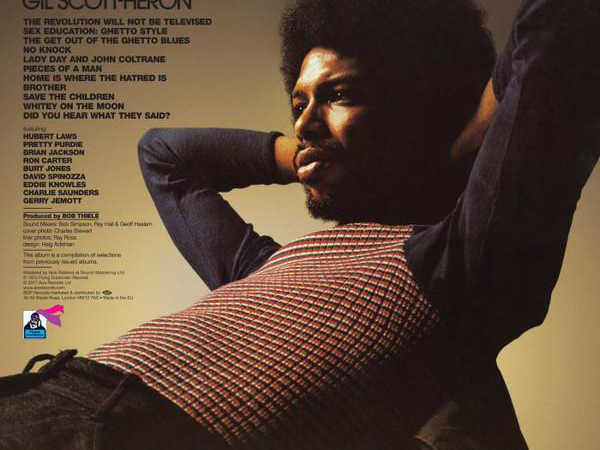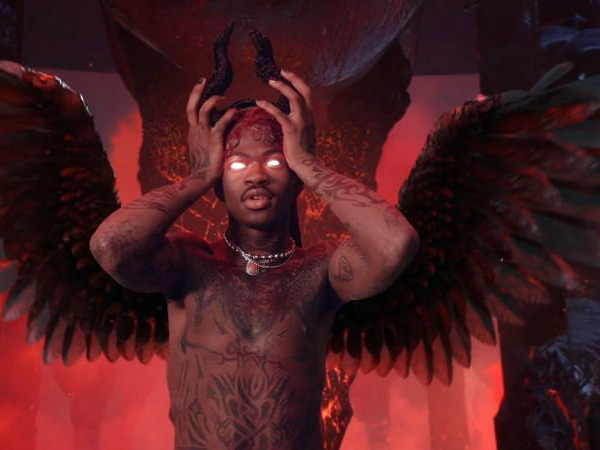

Photos from Local Atlanta Designer Emily Erdelyan’s new collection: The Eminent Collection
Link for photos: https://www.instagram.com/postmodernspicegirl/
According to Very Well Mind, Body Positivity is the belief that all people deserve to have a positive body image, regardless of what the current beauty standards deam are the “ideal” body types. The main focus is to help people understand that the standards that the media promotes are where a lot of insecurities stem from and how to combat the negative messages the media shares. The Body Positivity Movement really gained traction in 2012 with the help of social media and has been expanded upon since then.
The foundations of the movement though, are from much farther back. In 1969 The National Association to Advance Fat Acceptance was established due to the “fat acceptance” movement that was popular during the 1960’s. It’s goal was similar to the current body positivity movement in that it hoped to end fat-shaming and size/body-based discrimination. Then the actual term “body positivity” came to be in 1996 when a psychotherapist and their eating disorder patient created the website “thebodypositive.org” which offers resources and educational resources for people on their self-acceptance journal.
In 2012, the movement focused on challenging societal norms on physical appearance, acceptance of all body types, helping people gain confidence in themselves and disregarding unrealistic beauty standards.Since then, the movement has expanded to also acknowledge differences in regards to disabilities, race, sexuality and gender. Likewise, it also no longer focuses on weight as much rather, it now has the tagline “all bodies are beautiful.” This tagline suggests for you to love your body regardless of its “flaws,” feeling confident about your body, accepting your body’s shape, enjoying your body through all phases of life regardless of any changes that occur and size and appreciating your body for its functionality (what it does for you).
In conclusion, this movement is important for a wide variety of people because the media negatively affects everyone regardless of sex, gender, or ethnicity. Poor self-esteem, self-image and self-perception can lead to a multitude of mental health issues such as Depression and eating disorders. This is why an inclusive and intersectional Body Positivity perspective is not only helpful but necessary for today’s fast-paced, image-heavy society.









